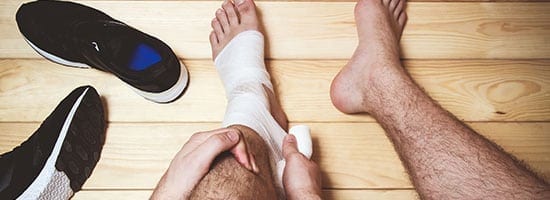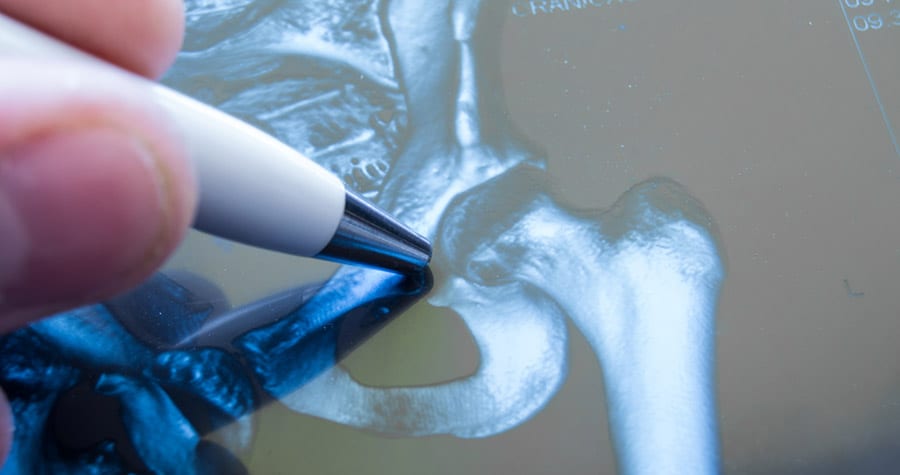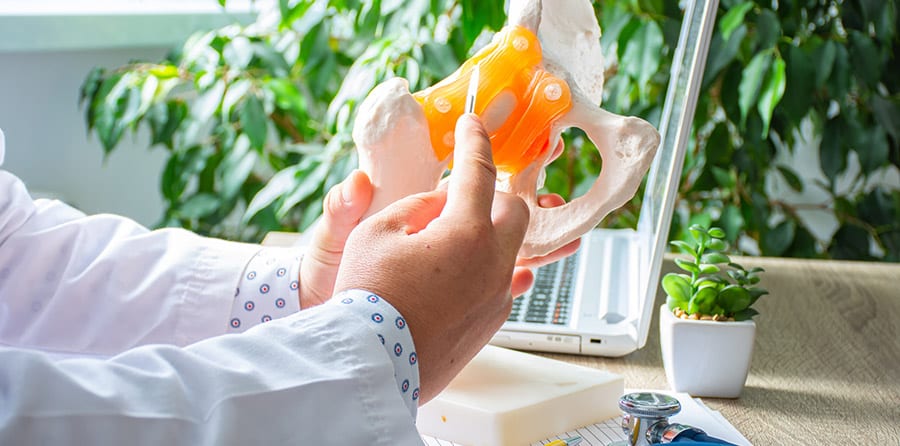
How to Avoid Sports-Related Injuries
Sprains (affecting ligaments) and strains (affecting muscles), stress fractures, and dislocations are among the most common sports-related injuries. Often affecting children and teens, sports-related injuries can sideline anyone who plays sports occasionally or on a regular basis. While not all injuries are avoidable, there are steps that can be taken to minimize the risk of sustaining a serious or distracting injury.
Do a Proper Warm-Up
Muscles need to be prepared for the stress that goes along with the repetitious motions associated with many sports-related activities. A warm-up can be as basic as 5-10 minutes of stretching that starts out slow and gradually increases pace. Warming up increases circulation to muscles and helps maintain range-of-motion. Doing both warm-ups and cool-downs before and after prolonged physical exertion, as may be the case with a competitive run or an invigorating tennis match, can also reduce the risk of experiencing aches and pains later. Simple warm-up exercises include:
- Knee lifts or bends
- Shoulder rotations
- Marching or walking in place
- Over-the-head arm extensions or reaches
Pay Attention to Technique/Form When Playing
Whether it’s batting stance, golf or racket swings, or correct impact on the heel while running, there are many techniques involved with various sports that must be done properly to avoid unintentional stress on muscles, tendons, ligaments, joints, and bones. Practicing form and technique between games can minimize the risk of injuries from incorrect movements.
Use Protective Equipment When Necessary
If you are playing a sport that requires certain protective equipment, wear it when appropriate. Helmets and padding, in particular, should be the proper fit for your body type. Equipment that doesn’t fit right can still leave you vulnerable to injury. This extends to the shoes you wear, especially with anything involving running or jogging since lack of support in your feet can affect your lower back.
Stay Hydrated
Lack of sufficient hydration reduces blood flow to muscles and other soft tissues. Spinal discs, in particular, can become less spongy when dehydrated, increasing pressure placed directly on the joints and bones of the spine. Even if you don’t feel thirsty, keep water handy to sip periodically.
Should you experience any muscle, joint, knee, shoulder, or back pain, take a time out and rest for a day or two. Any discomfort that’s severe or not going away with home remedies like the application of heat and ice or the use of over-the-counter medications should be further evaluated by your doctor. Injuries that are serious or difficult to diagnose may be assessed by an orthopedic surgeon.







